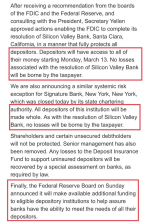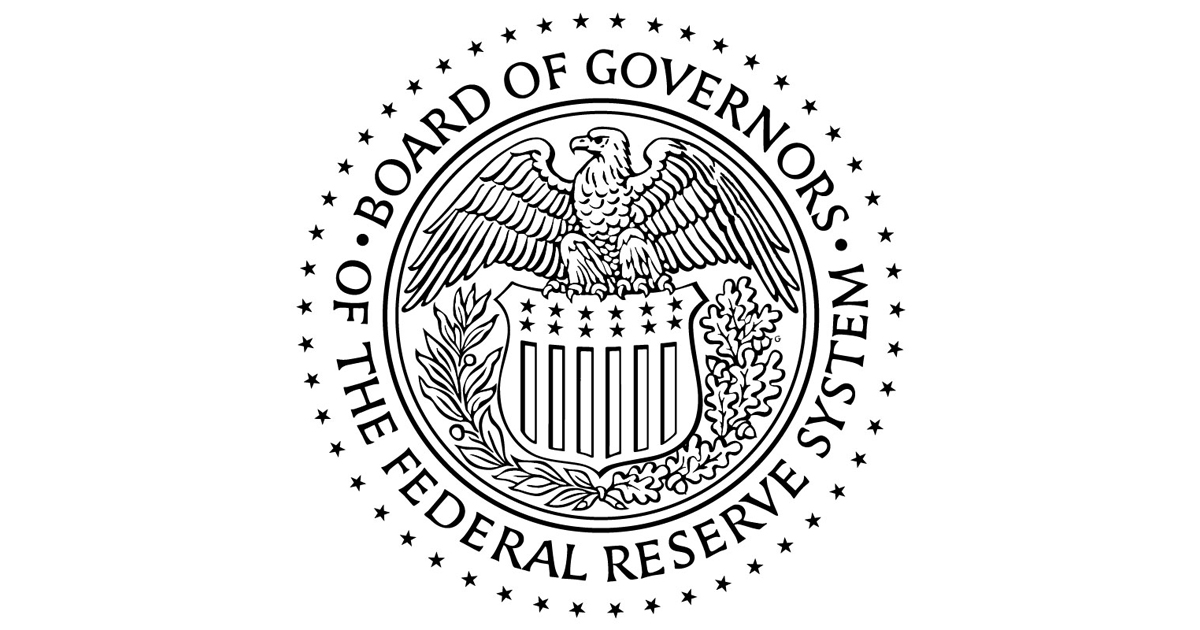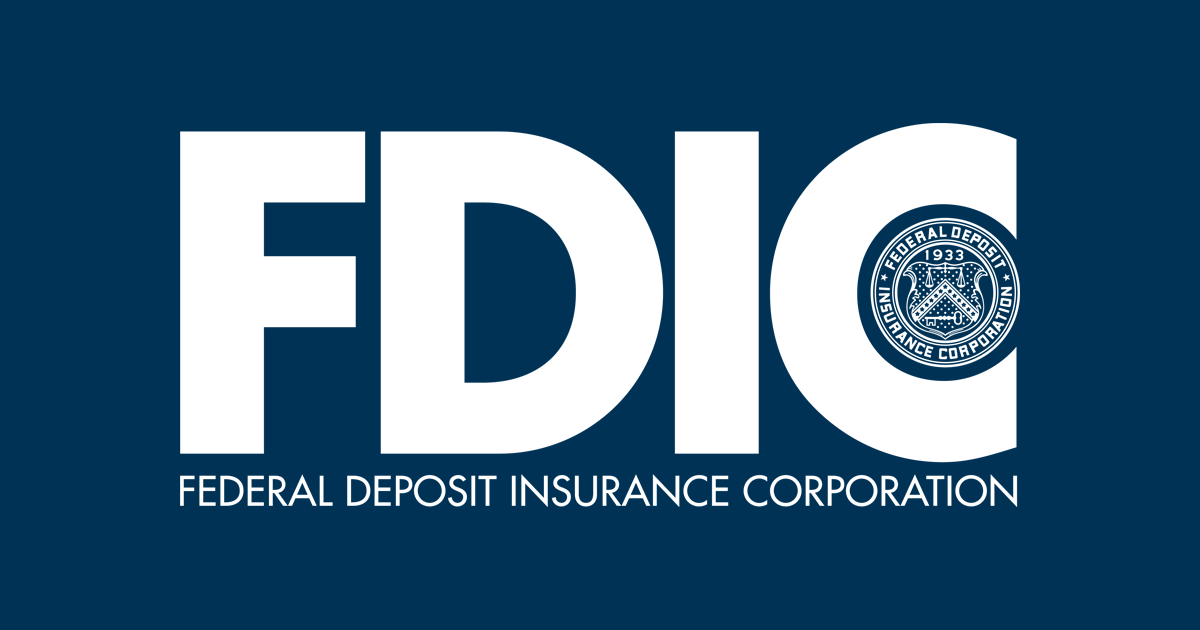- Messages
- 15,669
- Reaction score
- 10,038
- Points
- 288
FWIW:
What happens to a mortgage held by a failed bank?
Welcome to the PMBug forums - a watering hole for folks interested in gold, silver, precious metals, sound money, investing, market and economic news, central bank monetary policies, politics and more.
Why not register an account and join the discussions? When you register an account and log in, you may enjoy additional benefits including no Google ads, market data/charts, access to trade/barter with the community and much more. Registering an account is free - you have nothing to lose!
FWIW:
It gets discounted to another institution as an asset and the proceeds get distributed by the FDIC. Your mortgage does not disapper.What happens to a mortgage held by a failed bank?
It should be, but there are number of regional banks that have similar balance sheet issues as SVB and are vulnerable to a bank run. As long as depositors don't panic, they should be fine.... He also thinks this is just an isolated incident from a regional bank that made some mistakes ...


I'm guessing that statement would apply to just about every bank. The only thing that holds the entire banking system together is confidence.It should be, but there are number of regional banks that have similar balance sheet issues as SVB and are vulnerable to a bank run. As long as depositors don't panic, they should be fine.

 thedreizinreport.com
thedreizinreport.com

That's not a bug, it's a feature.I have been wondering about this:
Let's say that Joe's Used Cars had $500K in checking at the bank. Bank goes bust and Joe only gets $250K back from FDIC insurance.
Joe also had a $500K credit line he used to finance most of his inventory. New Bank steps up and takes over Silicon's business, but decides not to honor credit lines until they process thousands of new applications. So, Joe is expected to continue to make payments on his old credit line but cannot access new funds for months while New Bank processes all of the new customers paperwork which could take months.
I bet Joe goes under with many other companies that depended on their relationship with Silicon.
...
I bet Joe goes under with many other companies that depended on their relationship with Silicon.

These guys can't get a break!
I'd hate to be trying to do business in Californistan.I'd hate to be the insurance companies that underwrote their Officers & Directors insurance policies.
WASHINGTON – The Federal Deposit Insurance Corporation (FDIC) entered into a purchase and assumption agreement for all deposits and loans of Silicon Valley Bridge Bank, National Association, by First–Citizens Bank & Trust Company, Raleigh, North Carolina.
The 17 former branches of Silicon Valley Bridge Bank, National Association, will open as First–Citizens Bank & Trust Company on Monday, March 27, 2023. Customers of Silicon Valley Bridge Bank, National Association, should continue to use their current branch until they receive notice from First–Citizens Bank & Trust Company that systems conversions have been completed to allow full–service banking at all of its other branch locations.
Depositors of Silicon Valley Bridge Bank, National Association, will automatically become depositors of First–Citizens Bank & Trust Company. All deposits assumed by First–Citizens Bank & Trust Company will continue to be insured by the FDIC up to the insurance limit.
As of March 10, 2023, Silicon Valley Bridge Bank, National Association, had approximately $167 billion in total assets and about $119 billion in total deposits. Today's transaction included the purchase of about $72 billion of Silicon Valley Bridge Bank, National Association's assets at a discount of $16.5 billion. Approximately $90 billion in securities and other assets will remain in the receivership for disposition by the FDIC. In addition, the FDIC received equity appreciation rights in First Citizens BancShares, Inc., Raleigh, North Carolina, common stock with a potential value of up to $500 million.
The FDIC and First–Citizens Bank & Trust Company entered into a loss–share transaction on the commercial loans it purchased of the former Silicon Valley Bridge Bank, National Association. The FDIC as receiver and First–Citizens Bank & Trust Company will share in the losses and potential recoveries on the loans covered by the loss–share agreement. The loss–share transaction is projected to maximize recoveries on the assets by keeping them in the private sector. The transaction is also expected to minimize disruptions for loan customers. In addition, First–Citizens Bank & Trust Company will assume all loan–related Qualified Financial Contracts.
The FDIC estimates the cost of the failure of Silicon Valley Bank to its Deposit Insurance Fund (DIF) to be approximately $20 billion. The exact cost will be determined when the FDIC terminates the receivership.
The FDIC created Silicon Valley Bridge Bank, National Association, following the closure of Silicon Valley Bank by the California Department of Financial Protection and Innovation. All of the deposits—both insured and uninsured—and substantially all assets and all Qualified Financial Contracts of Silicon Valley Bank were transferred to the bridge bank. The purpose of establishing Silicon Valley Bridge Bank, National Association, was to allow time for the FDIC to stabilize the institution and market the franchise.

The collapse of Silicon Valley Bank is set to cost the Federal Deposit Insurance Corporation's (FDIC) Deposit Insurance Fund about $20 billion – that's almost a sixth of the total pool of funds that insures US depositors.
As of December 2022, the Deposit Insurance Fund balance stood at $128.2 billion. ...
The winning bidder in the government's auction of Silicon Valley Bank's main assets received several concessions to make the deal happen.
...
But even after the deal closes, the FDIC remains on the hook to dispose of the majority of remaining SVB assets, about $90 billion, which are being kept in receivership.
And the FDIC agreed to an eight-year loss-sharing deal on commercial loans First Citizens is taking over, as well as a special credit line for "contingent liquidity purposes," the North Carolina-based bank said Monday.
...
The deal terms may be explained by tepid interest in SVB assets, according to Mark Williams, a former Federal Reserve examiner who lectures on finance at Boston University.
The government seized SVB on March 10 and later extended the deadline for its assets. Bidding had come down to First Citizens and Valley National Bancorp, Bloomberg reported last week.
"The deal was getting stale," Williams said. "I think the FDIC realized that the longer this took, the more they'd have to discount it to entice someone."
The ongoing sales process for another ailing lender may have cooled interest in SVB assets, according to a person with knowledge of the process. Some potential acquirers held off on the SVB auction because they hoped to make a bid on First Republic Bank, which they coveted more, this person said.
...

